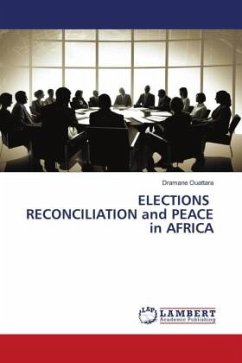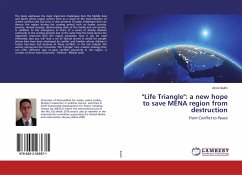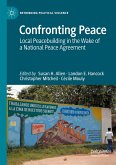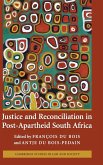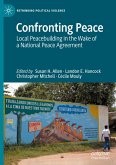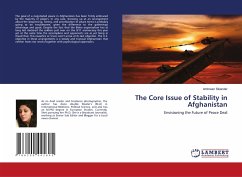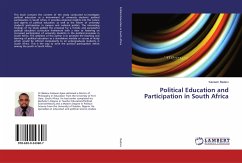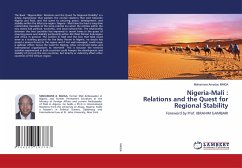When societies wage violence, fighting each other within the same community, trust and social relationships are destroyed and confidence in reconciliation is undermined. How do we rebuild societies afterwards, and see communities live together again? A political reconciliation process based on well-engineered electoral systems rather than armed response is viewed as a solution to intrastate war and violent conflict between communities. In this context, a transitional electoral system can make a significant difference in the shape of the National Parliament, affecting the political reconciliation process in building a sustainable peaceful and democratic state. Therefore, this book explores how or under which conditions electoral system arrangements have supported political reconciliation processes and peace in post-conflict societies, such as in South Africa and Cote d'Ivoire. Moreover, this book may serve as political and electoral systems engineering tool particularly in countries pursuing post-conflict political reconciliation processes and peace in Africa.
Bitte wählen Sie Ihr Anliegen aus.
Rechnungen
Retourenschein anfordern
Bestellstatus
Storno

